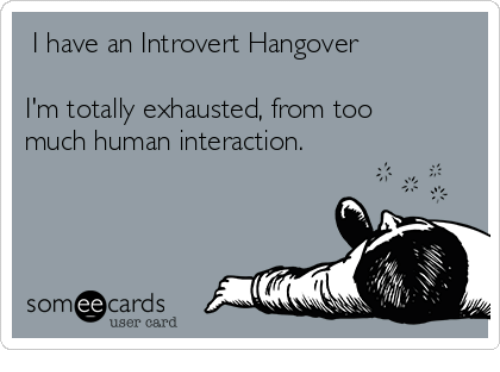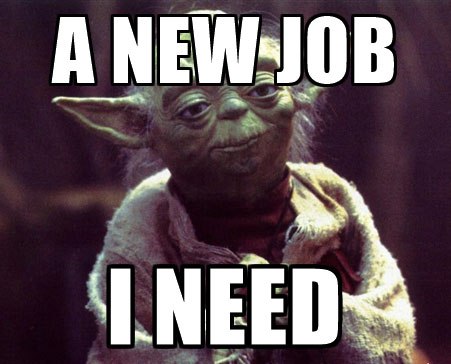How to Connect the Dots
“You can’t connect the dots looking forward; you can only connect them looking backwards. So you have to trust that the dots will somehow connect in your future.”
– Steve Jobs
Consider where you are at in your life, right in this moment.
I’m not just saying that for you to read it and move on – actually think about it.
Better yet, consider one of your greatest accomplishments. Or a milestone you reached.
Now consider, how did you get there? What are the moments that brought you to that very spot?
Perhaps you are thinking about a job you obtained, meeting the love of your life, moving to a new city. Whatever the case may be, for better or worse, that moment was the amalgamation of countless smaller ones, or dots.
I often think of my first full-time job in higher education. So many dots had to successfully connect in order to make that happen. For example, here are the ten big dots that led to my first full-time job, from the end to the beginning:
#10: Nailed the interview!
#9: Had 9 failed interviews within a few weeks leading up to this.
#8: Completed an internship in career services at Ivy Tech Community College.
#7: Applied to a master’s program in Higher Education and Student Affairs; my admission was denied.
#6: Narrowed my job search to career services jobs because I completed two informational interviews with staff at Butler University, making me confident in this path.
#5: Knew that I should do informational interviews because I was an exploratory student (i.e. undecided major-wise) for my first two years at Butler and we did that as a homework assignment.
#4: Learned that higher ed was even a career path/master’s degree option because my friend Katy was interested in it.
#3: Realized I really liked tutoring students in Speaker’s Lab; thought this could relate to a future career in some way, but wasn’t sure how.
#2: Was encouraged to apply for a job in the Speaker’s Lab because my speech professor in my first semester of college happened to be the director of that program.
#1: Enrolled as an exploratory student at Butler University.
I could go on and on, and on and on. How I chose Butler and that I wanted to be an exploratory student are an entirely different series of dots.
As you can see in that list, some of those dots were intentional, ones that I had total control over. Some were completely random.
For someone who likes to be in control (i.e. me) that concept can be quite unsettling. To some degree I can influence how the dots may connect, but not entirely.
I find comfort in something acclaimed psychologist Carl Jung once said:
“In all chaos there is a cosmos, and in all disorder a secret order.”
It makes me think of connect-the-dots books I had as a kid; I loved how structured it was, and that if I just followed the steps I would eventually have an amazing result.
When you consider your goals, sometimes you can more or less see the dots connecting – there are just a few steps you need to take to get where you want to go, and even though they are not all connected yet, you can still what the bigger picture may look like:

On the other hand, sometimes at the very beginning you have absolutely no freaking clue what the bigger picture is going to be…but the dots are all there, waiting to be connected:

The quote that started this post has been in my office for my college students to see for years; it has followed me from job to job as a potential source of comfort for the young people I support that don’t know where their paths will take them.
I say, do the best you can to connect your dots, but rest assured, they will connect to your next step in one way or another. You will get somewhere. Might it look like you imagined when you get there? Perhaps not. But there you will be, ready to start connecting new dots, and so on. I tell them, if I do nothing else but teach you the process of how to connect your dots, past, present, and future, then I have done my job.
It’s good advice that I should remind myself of every now and then. I’ll do my best to plan, make the best choices I can, position myself for what I want next…but a random dot stuck in the mix may very well lead me somewhere entirely new. And once I get there and take a look back, it will become crystal clear how I got there.
And now, as always, I leave you with a thought experiment to ponder:
What are the dots that have gotten you to where you are right now, and what might the dots be getting you to where you want to go next?


